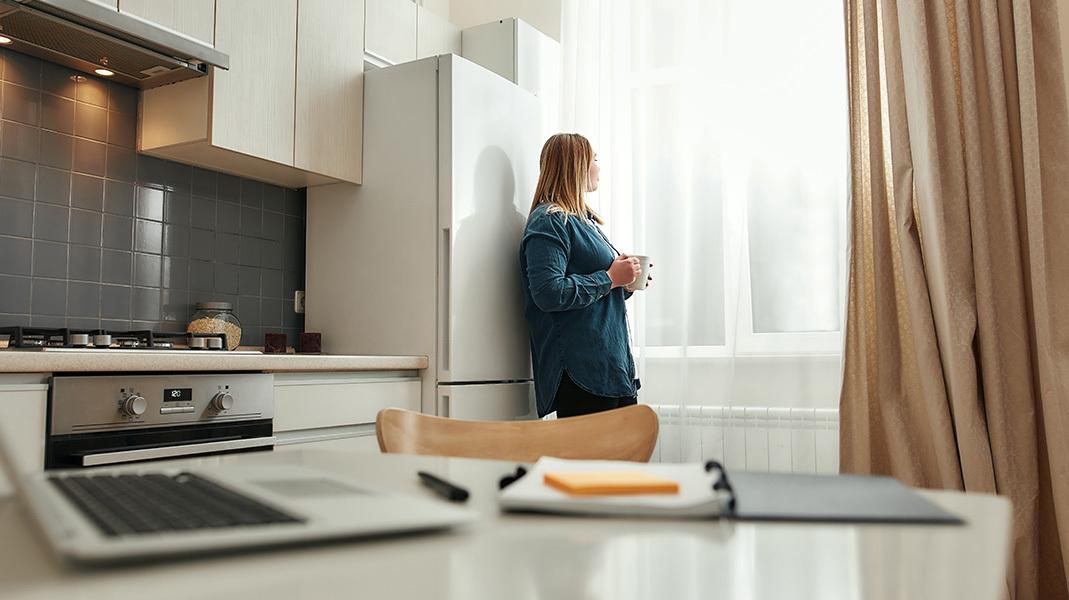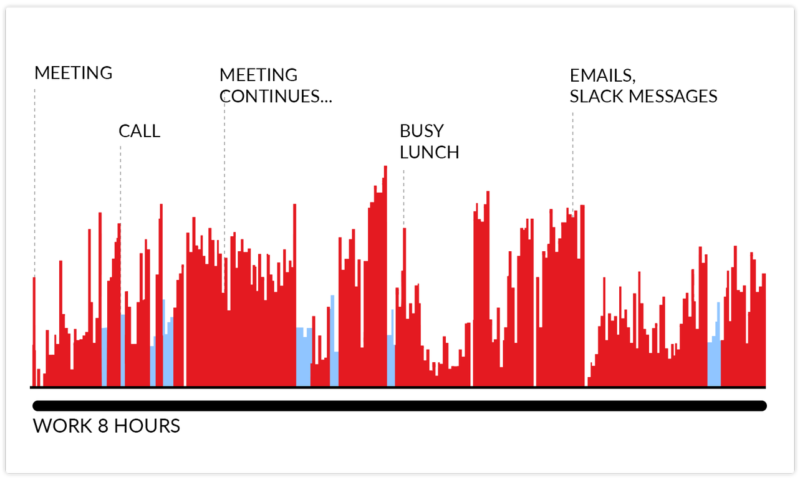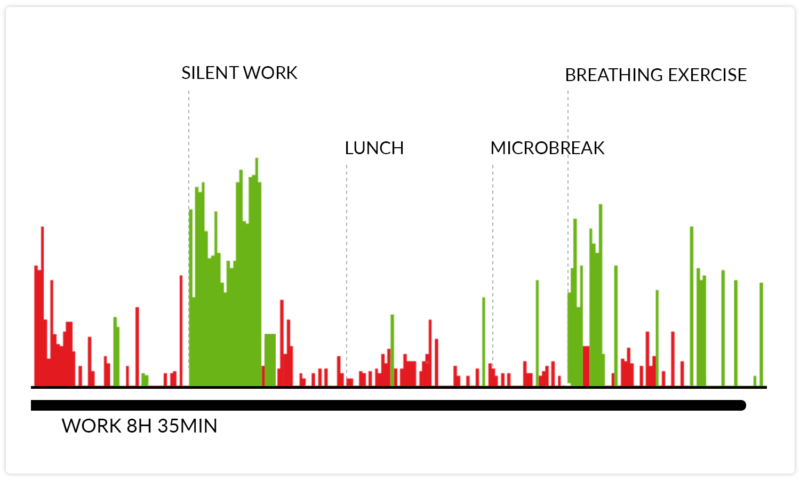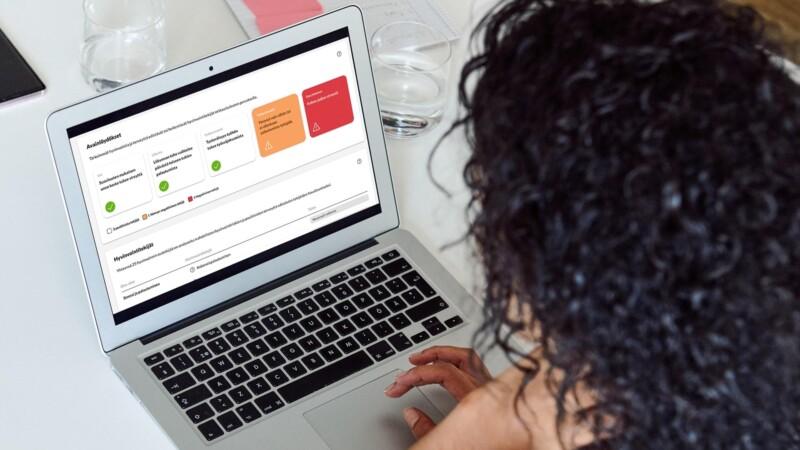
It is alarming that many employees do not recover during the work day at all. In continuous work, the body and mind are easily overloaded, which, in turn, increases load and fatigue. Therefore, you should learn how to take breaks – even a microbreak of less than a minute can offer significant benefits.
“In a tennis match, there is a break of about 20 seconds after each point and a break of about 90 seconds with each change of ends. Recovery and learning during the match has become the most important mental skill for the top players. In working life, rhythmic alertness is just as important.”
This is what Hannu Laakkonen, a former tennis coach and current management coach and leadership researcher, told me years ago, when we discussed work performance for a blog post about manager supercompensation.
In working life, microbreaks are equivalent to short breaks in tennis matches. Their purpose is to help regain control of the game, so to speak, and increase the ability to recover during the workday itself. For example, after a heated meeting, a moment to reset yourself will help you better focus on the next task or tackle the same project with refreshed vigor.
According to the Firstbeat database of hundreds of thousands of measurements, up to a third of employees don’t recover for even one minute during the workday. Without conscious rest, recovery during the workday may be completely absent. This is reflected in leisure time, overnight sleep, and the next working day.
Microbreaks Reduce Stress and Improve Alertness
A microbreak is a short (30 second to a couple of minutes) voluntary break during the workday. The purpose is to ‘break away’ from work-related issues and thoughts.
Studies show that microbreaks help to reduce perceived stress and improve alertness and performance. Concentration weakens when working continuously for a long time, and microbreaks are a good way to maintain your work rhythm and make it more efficient.
For example, it is beneficial for an office worker to activate their metabolism and move around every now and then by taking short active breaks. Similarly, a manual worker should take a moment to sit down, breathe and rest the muscles with soothing breaks.
When you pay attention to recovery during work, total load remains under control. As a result, you have enough energy left even after a day of work and the effects are seen in levels of alertness and sleep quality. This, in turn, supports the balance between stress and recovery, as well as health in the long term.

A busy workday with no breaks can result in more stress and no recovery. This can clearly be seen in measurement data that is almost completely made up of red stress levels.

After a workday with some breaks and time for silent work red stress levels are lower and there are more green recovery levels.
Lack of Breaks Threatens Remote Workers
Most often, microbreaks naturally accumulate in the workplace during the day when you bump into a colleague in the corridor or take a walk from one meeting room to another. On a busy day, however, they are easily forgotten unless you make a conscious effort. The same phenomenon is seen in remote work, when typical interactions, encounters and movement is absent.
When working remotely you need to organize and schedule microbreaks even more systematically than before. You can even use phone reminders to help you.
For microbreaks to really work, it’s also good to be aware of where your own thoughts are in these moments. Are they really taking a break from what is on your mind during a work task? It doesn’t make sense to waste breaks for social media posting or reading work messages. A good way would be to take your eyes off the screens or smart devices for a moment to give your brain a moment of rest.
Examples of a refreshing and restoring microbreak include:
- Go out for some fresh air – turn around the block or just breathe for a short moment in the open air.
- Step away from your desk to stretch or do some short exercises.
- Enjoy a coffee or light snack away from your work station.
- Simply take a moment to look out the window and people watch or daydream.
- Breathing exercises. Close your eyes and take a few deep and calm breaths.
Microbreaks are an essential part of self-management and self-care. Unlike in tennis, they’re not defined by the rules of the game. Only you can take care of your own workday rhythm, energy levels and overall well-being.
Want to know how microbreaks impact your own day?
Firstbeat Life is a corporate wellness solution that helps you to understand the impact of your daily routine and learn how to make healthier, better choises.
You might also be interested in

A Journey Beyond the Numbers of Wellbeing
With the Wellness Factors reporting, Firstbeat Life service providers gain a clear overview of their clients’ well-being, which is articulated in a language that transforms coaching into everyday actions.

Optimizing Real-Time Athlete Monitoring Through Historical Data Analysis
This article is written by Domenik Theodorou, a Firstbeat Sports client and Performance Coach at RASTA Vechta, a professional basketball team competing in the Basketball Bundesliga (BBL). Prior to his…



